When you wake up, Aysha’s already left to fetch water. It’s not until your afternoon coffee that she comes home.
Aysha walks an eight-hour round trip across barren land every day to reach her closest river. She has little time left for learning, playing or being a child. This is a day in her life.
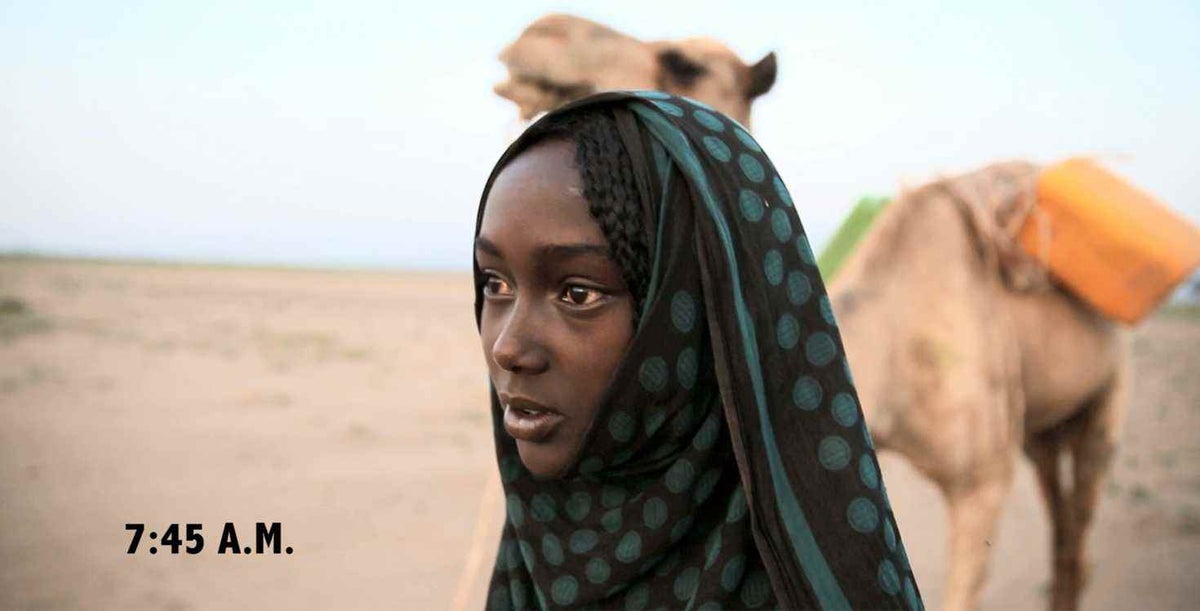
Aysha's everyday routine will shock you
Aysha's everyday routine will shock you
Aysha's day starts at 6:30 am.
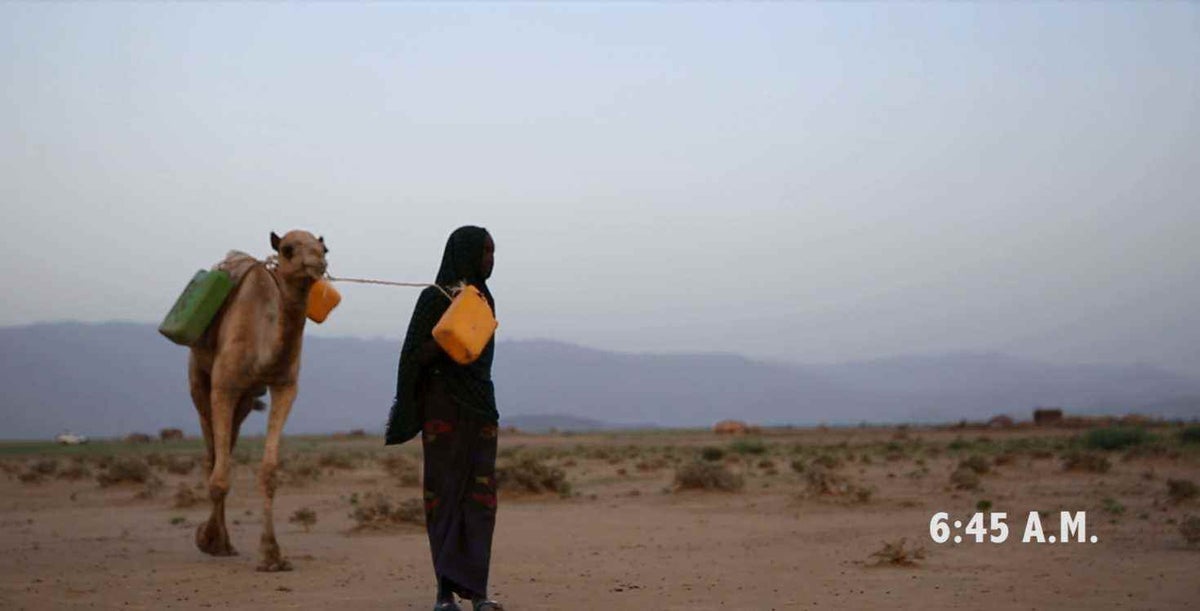
Aysha lives in a remote region of Ethiopia where clean water isn’t easy to access. Ethiopia is still suffering from the effects of the 2015 drought and in recent months, the country’s humanitarian situation has worsened with the spread of COVID-19, cholera and measles outbreaks.
This makes it even harder for girls like Aysha to find water.
She begins an eight-hour round trip to collect just five litres of water.

Getting water - an easy task for many of us in Australia - dominates Aysha’s entire day. She loads her camel with enough jerry cans to bring back five litres of water. Her entire family will rely on that water for the day.
At 10:40 am, Aysha finally reaches her destination.
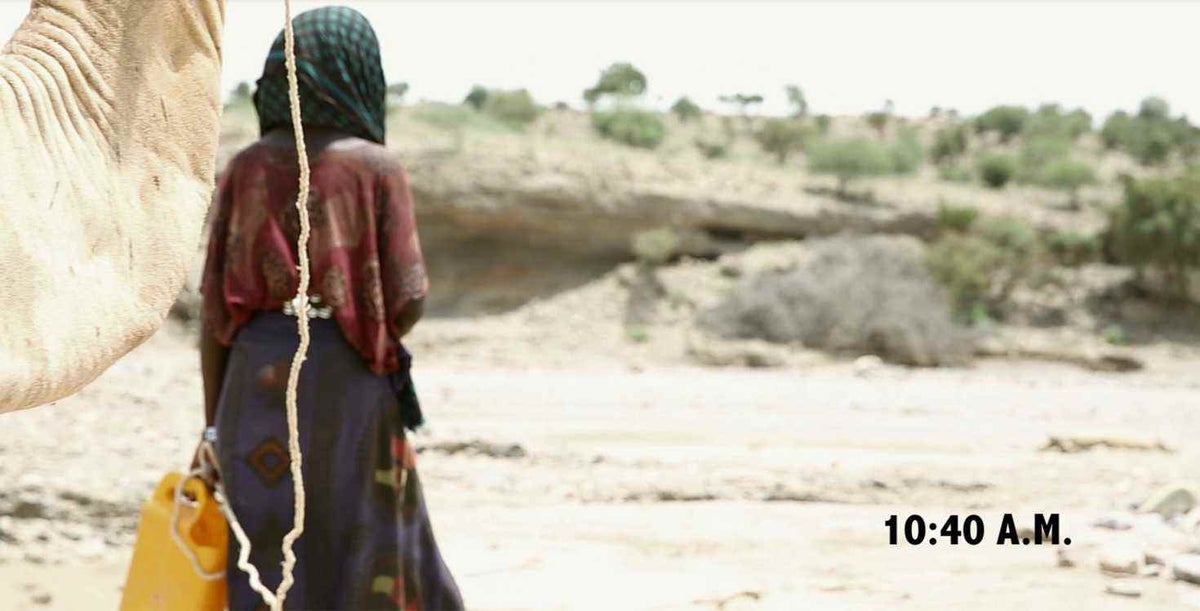
Four hours later, Aysha reaches the river. Any water collected far away from home comes with a risk. Even if the river water is safe, carrying it in storage containers increases the chance of contamination and the spread of deadly water-borne diseases.
Aysha quickly washes her face and takes a drink before filling up the jerrycans. She still has a long way to walk today.
She takes a break at 1:10 pm. At that point she’s been walking for six hours.
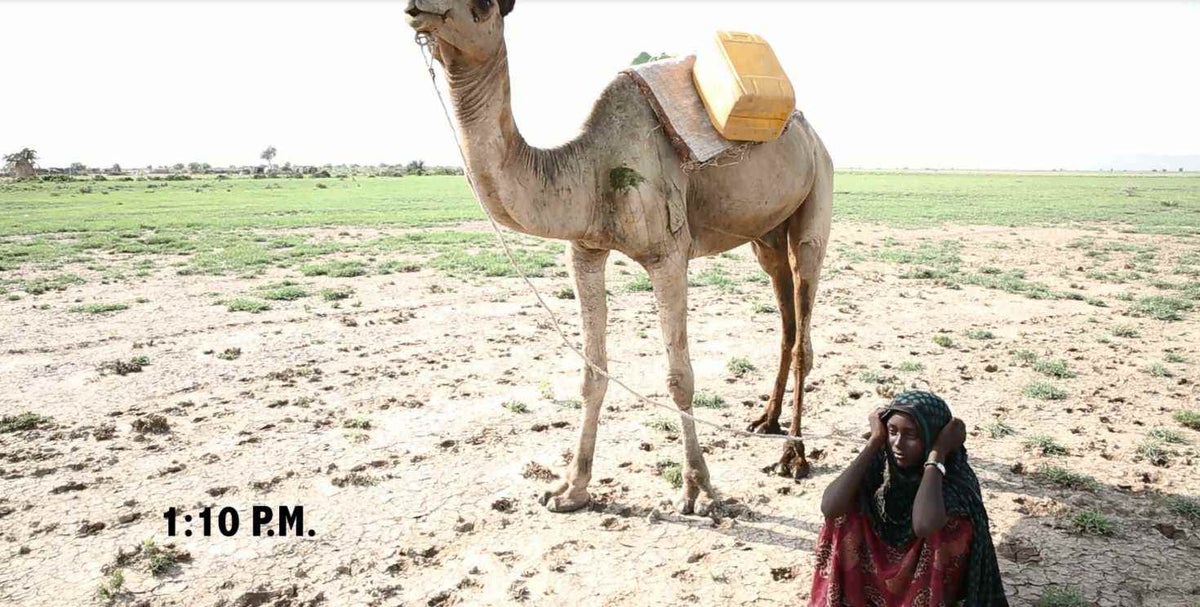
Worldwide, women and girls spend an estimated 200 million hours — every day — collecting water. It’s a colossal waste of their valuable time.
By 4 pm, Aysha is home and can finally sit down to eat.
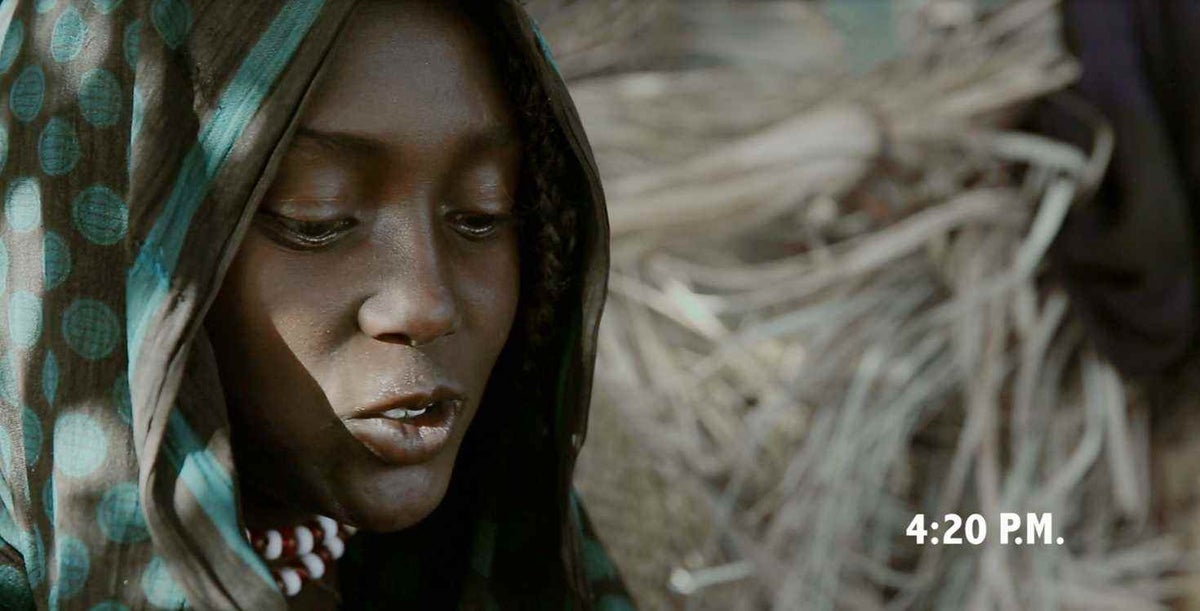
The impacts of spending her day walking to fetch water ripple on. By the time Aysha eats, it’s late in the afternoon.
It’s only at 5:40 pm that she gets a chance to learn.
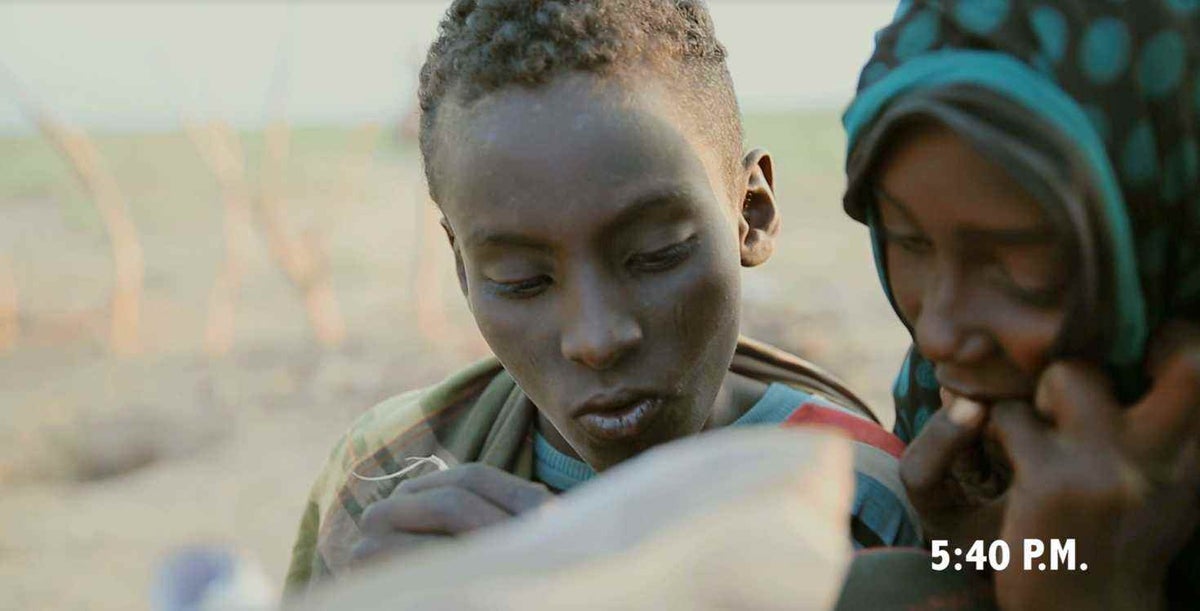
Excessive time spent collecting water can change a girl’s life. It cuts short the hours they spend learning, playing and being a child. For Aysha, it makes school near-impossible.
Aysha heads to bed by 9:30 pm before she needs to do it all over again.
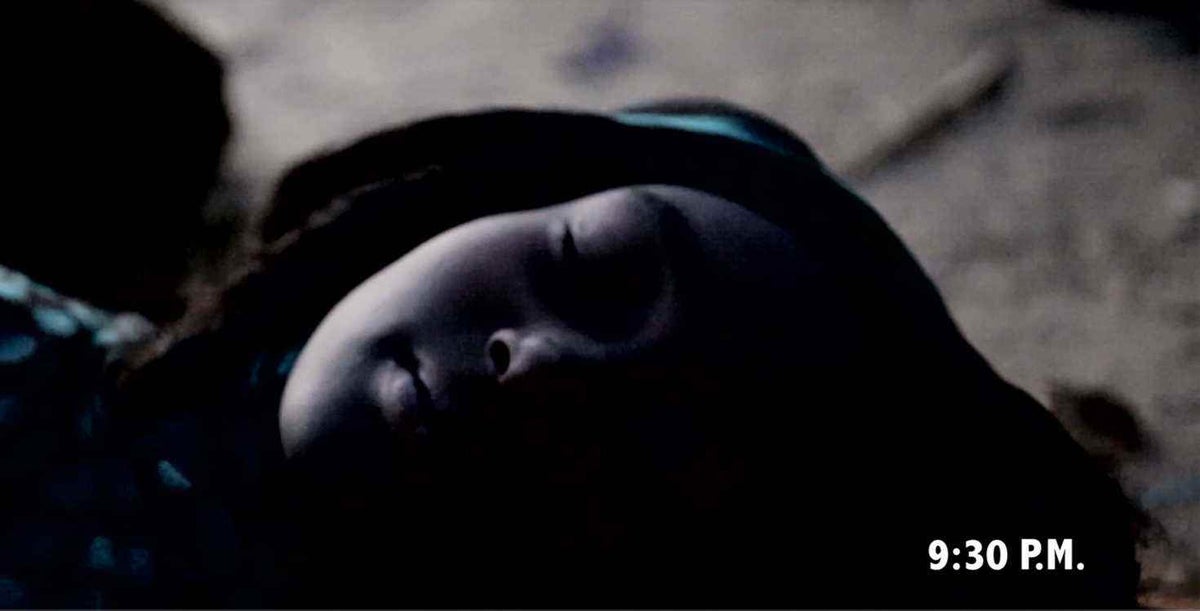
There is hope for girls like Aysha
UNICEF is there for children without access to clean water in Ethiopia and beyond. Our water, sanitation and hygiene (WASH) team works to improve families’ access to safe and affordable drinking water at a reasonable distance from their home.
To Aysha, a supply of clean water means the opportunity to live her childhood fully. Because every child has the right to spend their days learning, playing and enjoying the simple pleasures of being a child.
Related articles
Stay up-to-date on UNICEF's work in Australia and around the world
















